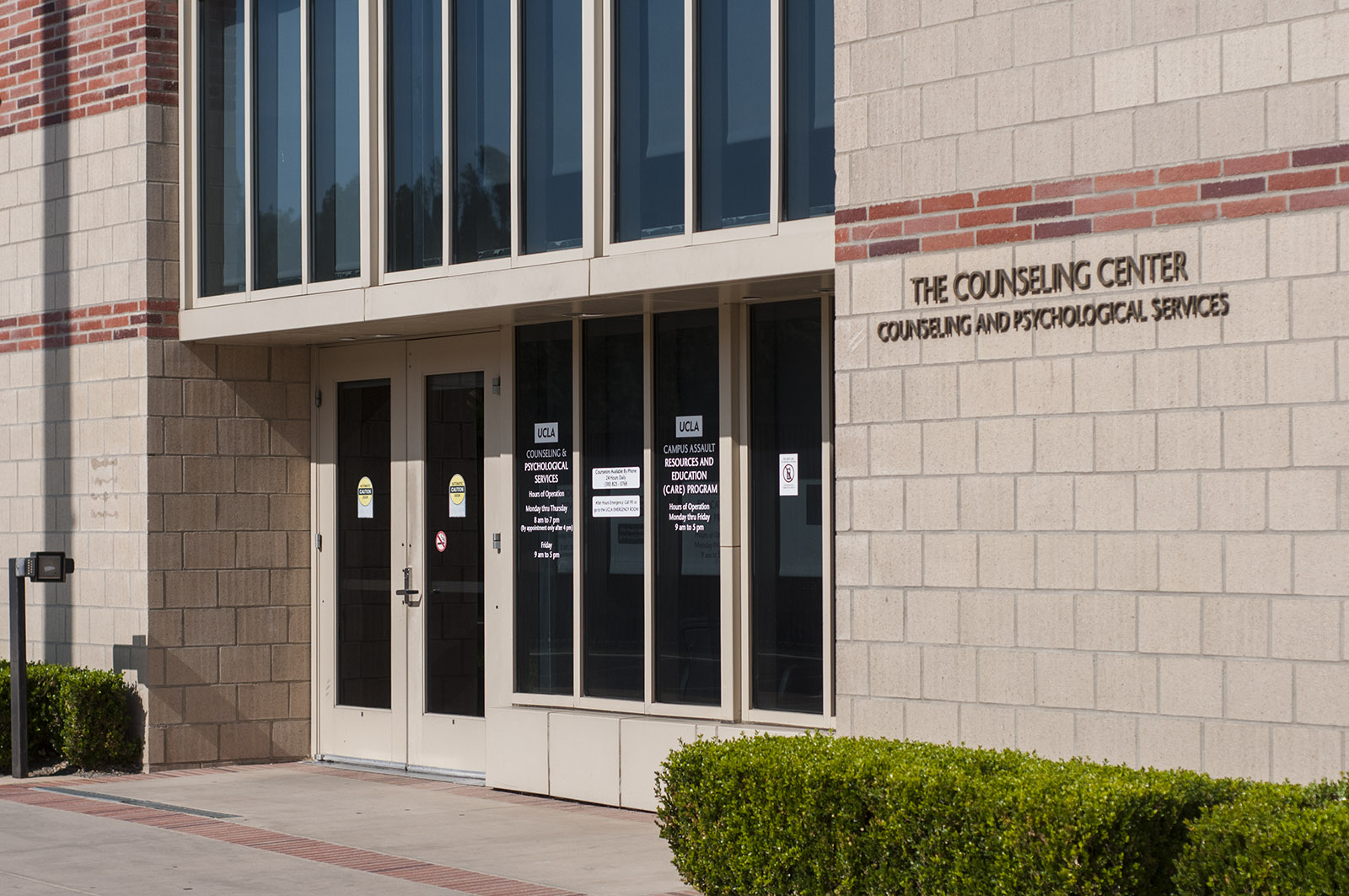CAPS sees 17 percent increase in student demand during fall quarter

Counseling and Psychological Services experienced a 17 percent increase during fall quarter in requests for brief screenings. (Daily Bruin file photo)
By Emily Merz
Jan. 17, 2017 9:20 p.m.
This post was updated on Jan. 19 at 1:30 p.m.
About 17 percent more students requested brief screenings to receive counseling or treatment at the Counseling and Psychological Services last quarter.
An average of 156 new CAPS users requested brief screenings every week, said CAPS Executive Director Nicole Green. Brief screenings include crisis care and initial treatment. Typically, 534 students visit CAPS per week for individual therapy, said CAPS spokesperson Rebecca Kendall.
During week 6, CAPS also experienced a 31 percent spike in students requesting brief treatments, Green said. She added she is unsure why the spike occurred, but she speculates it was because of multiple deaths weeks 4 and 5 and Trump winning the election.
CAPS usually anticipates an increase in students requesting brief screenings in the middle of the quarter, but the increases do not usually reach 30 percent, she added.
Kendall said the overall increase in fall quarter could be because of what she called a destigmatization of mental illness at UCLA, which could have motivated students to prioritize their mental health.
On average, CAPS only experiences a 3 to 4 percent increase in the number of students asking for brief screenings over the course of a year, Green said.
Green said CAPS responded to the spike in week 6 by employing a triage system, which means it gave appointments to students in urgent need of care within two weeks of their request. Students who the center determined had less urgent need, had to wait four to five weeks to get an appointment.
[Related: CAPS provides counseling to students affected by campus tragedies]
These students often get deferred to group treatment options or programs such as Coping Through the Quarter, which gives students relaxation strategies, and Mindful Awareness Research Center, which promotes mental self-care, Green said.
To address the lengthy wait times, CAPS received temporary funding to hire more clinicians, Green said.
However, CAPS does not have enough space on campus to hold more confidential appointments even with the new clinicians, Green added. CAPS applied for Student Fee Advisory Committee funding to add an office centrally located on campus, but they have not yet received the funds.
CAPS is also working with student organizations to provide students with wellness programs.
Undergraduate student government Student Wellness Commissioner Christina Lee said the Student Wellness Commission works on programs such as “All of Us: A Campaign to Rethink Mental Health” and the Resilience Peer Network, which provides peer-to-peer counseling, and can help meet the increase in demand for mental health services. She said SWC helps promote student mental health by partnering with CAPS to teach students to take care of all aspects of their health.
She added she thinks many students are well-informed about CAPS services but CAPS just is not able to accommodate the demand.
“CAPS is overworked and underfunded,” Lee said.
Green did not specify how CAPS would alter its services this quarter to be prepared if another spike occurred. But she said CAPS will try to make clinicians more available at the beginning of the quarter so students seeking services can receive treatment throughout the quarter.
[Related: CAPS seeks student input for improvement through advisory board]
Sienna Rohrer, a first-year political science student, said she was shocked that the wait times for non-urgent appointments are four to five weeks.
“What’s the point of even having CAPS if the wait time is so long?” Rohrer added.
Maira Tafolla, a third-year psychology student, said she thinks it is ridiculous that the wait time is so long since UCLA seems to place a heavy emphasis on mental health.
“CAPS shouldn’t just advertise their services, they should make them available,” Tafolla said.
Christelle Solinap, a third-year political science student, said she thinks students’ awareness of the long wait times for CAPS appointments hinders people from seeking treatment in the first place.
Kanwaldeep Rai, a second-year molecular, cell and developmental biology student said some of her friends won’t seek appointments because they are either concerned about the wait times or do not think the treatment will really make a difference. However, Rai added one of her friends who was in urgent care was able to receive effective treatment from CAPS for two to three months.
Leo Yang, a third-year communications studies student, said he understands that wait times could be so long because UCLA is a large school, but he thinks it would be better if CAPS was able to gauge how badly students need treatment and adjust accordingly.


